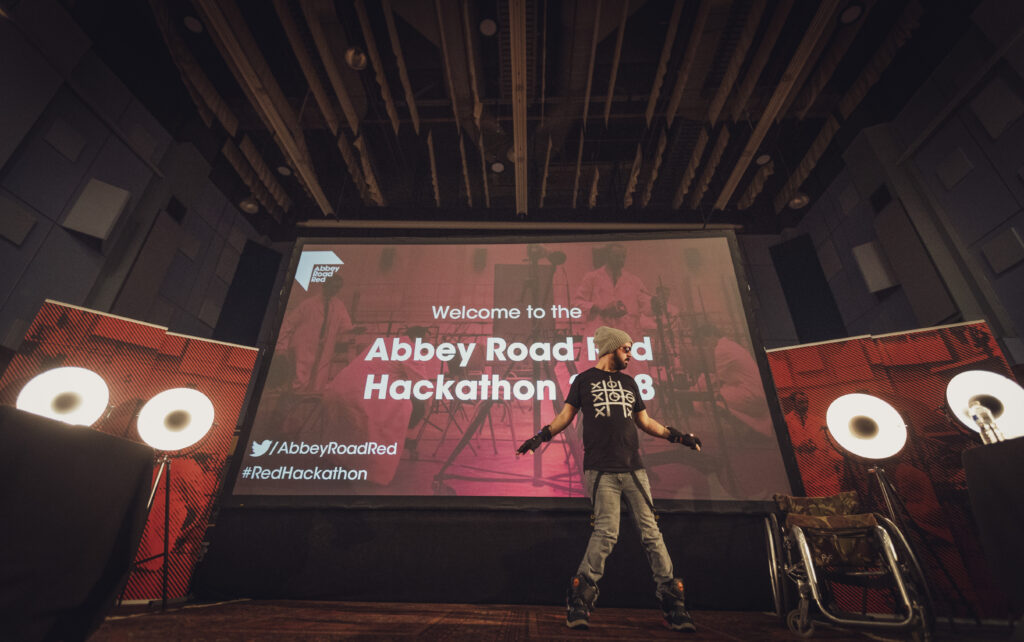It was a real breakthrough! On Nov 10-11th, Abbey Road Studios organised their first-ever hackathon in the headquarters of the legendary recording centre. The event aimed to discover innovative ways of using new technologies to solve the daily problems of music creators.
The 24-hour challenge started on Saturday at Studio 1. Nearly 100 participants from all over the world worked in teams to find solutions for revolutionising music production.
Data Science facilitating music industry
Hackathon Abbey Road Studios was organised in a very important time in the music industry, named by Financial Times as ‘the moneyball moment.’ Emerging technologies let us gather and process vast amounts of data considering user preferences or current trends. This fact brings new opportunities for multimedia.
And he was right. Red Hackathon gave birth to a number of innovative projects focusing on accessibility, user cooperation and personalised UX.
Accessibility of music production
One of the most exciting projects was Face Beat, which uses facial recognition to let you create music with your mimics. Another idea addressing participants with challenges was a T-shirt enabling its users to produce sound through chest sensors and body heat.
It’s also hard to not mention Kris Halpin, who performed on stage presenting Mi. Mu Gloves. The solution lets him play anything from the drums and bass to piano chords without using the physical instrument. It’s a real breakthrough for musicians with disabilities, having difficulties with movement or precision.

Collaboration and intuitive UX
In terms of collaboration, the absolute winner was HRMI. It’s a network where people can play different virtual instruments together, through their laptops. The project won a prize for “the most user-friendly UX” and got 2000 GBP from Miquido – the Gold Sponsor of the Abbey Road Studios hackathon.
Another project simplifying the creative process was Lyra. The real-time lyric-generator extracts metadata from social activities and voice messages to help lyricists find inspirations.
The prize for “the best use of AI” went to “Rapple.” The app generated rap lyrics mimicking your own style of rhythms. The effect? An AI-based rap battle between a user and computer. You make up your line, and within 15 seconds the app hits its line back.
To take a deep dive into a detailed relation from the event follow Miquido’s Facebook and Twitter or check out #RedHackathon.
